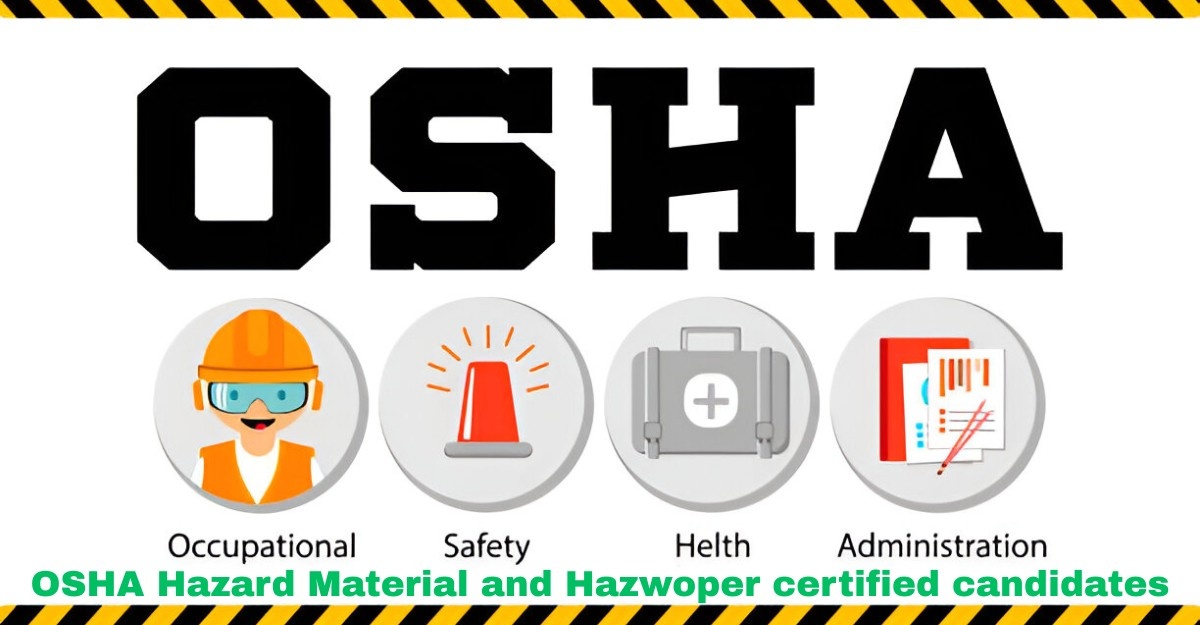How to Respond to a Construction Defect Lawsuit: Legal Tips for Builders

Strong 8k brings an ultra-HD IPTV experience to your living room and your pocket.
Construction projects, no matter how meticulously executed, can sometimes lead to unexpected claims of defects after completion. For builders, receiving notice of a lawsuit alleging construction deficiencies can be both stressful and legally complex. This is where a construction defect attorney becomes an invaluable partner. Builders facing these claims must understand that the legal process surrounding construction defect litigation involves highly technical issues, procedural rules, and tight timelines. Acting without experienced legal guidance can put their business, finances, and professional reputation at risk.
A construction defect attorney is skilled in navigating the intricacies of these types of lawsuits. Whether the allegation involves water damage, foundation issues, poor workmanship, or code violations, these legal professionals assist builders in crafting a defense strategy based on sound legal principles, documentation, and expert evaluation. Responding to such lawsuits requires more than simply defending one’s work; it involves understanding statutory obligations, managing liability, coordinating with insurers, and ensuring compliance with state-specific legal procedures.
Initial Response to a Construction Defect Claim
When a builder is notified of a defect claim, the first step is to respond thoughtfully and carefully. Emotions can run high, especially when a builder feels the allegations are unwarranted. However, early missteps can jeopardize a solid legal defense. A construction defect attorney helps assess the validity of the claim, examine relevant contracts, and determine whether the builder is the correct party to be held liable. They review all construction documents, communication records, and the scope of work to evaluate exposure and develop an appropriate legal response.
Often, the first interaction doesn’t come in the form of a formal lawsuit but rather a written complaint or legal notice. In California, homeowners must follow a specific process before filing suit, which provides an opportunity for resolution outside of court. Builders should avoid dismissing these notices or attempting to resolve them without legal input, as doing so can waive certain legal rights or result in non-compliance with statutory requirements.
Understanding the California Right to Repair Act
One of the most critical elements in responding to a construction defect claim in California is compliance with the California Right to Repair Act, also known as SB 800. This legislation mandates a series of steps that must be taken by homeowners and builders before litigation can formally begin. The law was designed to reduce the number of construction lawsuits by encouraging resolution through inspection and repair opportunities rather than immediate court action.
Under this act, homeowners are required to notify the builder of the alleged defect and allow a chance for the builder to inspect the property, offer to repair the issue, or propose a settlement. This process is intended to foster cooperation and reduce litigation costs for all parties involved. For builders, it also provides a chance to address concerns without the stigma or expense of a courtroom battle. However, missing the deadlines or failing to respond appropriately can eliminate the builder’s ability to invoke certain legal defenses later on.
A construction defect attorney ensures that all aspects of the California Right to Repair Act are followed precisely. They help builders draft responses, coordinate inspections, and communicate with homeowners and their legal counsel. In many cases, disputes can be resolved during this pre-litigation period, sparing both sides from prolonged conflict and maintaining business relationships where possible. Compliance with SB 800 is not only a legal obligation but also a strategic advantage when handled correctly.
Building a Legal Defense with a Construction Litigation Attorney
If the dispute proceeds beyond the pre-litigation process or the homeowner chooses to file suit despite repair offers, the involvement of a Construction Litigation Attorney becomes even more crucial. At this point, builders must prepare for formal legal proceedings, which include filing legal responses, engaging in discovery, and possibly appearing in court or arbitration. These cases often involve numerous parties, including subcontractors, architects, engineers, and insurers, all of whom may have varying levels of responsibility.
A Construction Litigation Attorney works to determine the best defense strategy based on liability exposure, contractual agreements, and technical evidence. In many cases, litigation will hinge on expert testimony, construction standards, and building codes, all of which must be translated into legal arguments. The attorney will also analyze whether the homeowner has complied with the procedural requirements of the California Right to Repair Act, and if not, seek to have claims dismissed or limited accordingly.
Insurance plays a pivotal role in defect litigation, and a construction litigation attorney will review policies to determine if defense and indemnity coverage applies. Navigating construction insurance, including general liability and wrap-up policies, can be challenging, but it can also substantially reduce the financial burden on the builder. The attorney may engage in dialogue with insurers, negotiate settlements, or seek coverage for litigation expenses. Additionally, legal counsel will determine if other parties should be brought into the case through cross-complaints or indemnity demands, ensuring that fault is allocated appropriately and not unfairly placed solely on the builder.
Protecting Reputation and Business Continuity
One of the often-overlooked impacts of a construction defect lawsuit is the potential harm to a builder’s reputation. Even if the defect was minor or the claim ultimately dismissed, public perception can be influenced by the existence of legal proceedings. Builders who take a proactive, legally sound, and transparent approach to resolving disputes demonstrate professionalism and integrity. Working with a construction litigation attorney helps manage not only the legal aspects of the case but also public relations and communication with clients, business partners, and regulatory bodies.
In many instances, disputes can be resolved through alternative dispute resolution (ADR) methods such as mediation or arbitration. These methods can be faster, more private, and less costly than litigation. A construction litigation attorney guides the builder through these options, weighing the risks and benefits of each. The attorney’s negotiation skills and knowledge of construction law can lead to settlements that avoid the uncertainty and visibility of a trial.
Beyond resolving the immediate dispute, a skilled attorney can also assist in evaluating the builder’s internal practices to prevent future claims. This might involve updating contract templates, improving communication with subcontractors, refining quality control procedures, or educating staff on legal compliance. By turning a difficult legal experience into a learning opportunity, builders can emerge stronger and more legally resilient.
Conclusion: Trusting the Right Legal Partner
Responding to a construction defect lawsuit is a process that demands thorough legal knowledge, strategic thinking, and technical insight. Builders should not attempt to face these challenges alone. With the guidance of a qualified construction defect attorney, they can protect their rights, comply with the California Right to Repair Act, and develop a strong legal defense. A skilled Construction Litigation Attorney becomes not only a defender in court but also a long-term advisor who helps builders navigate legal complexities while safeguarding their business reputation and financial future. Taking the right steps early and engaging trusted legal counsel is the key to managing and overcoming construction defect disputes effectively.
Note: IndiBlogHub features both user-submitted and editorial content. We do not verify third-party contributions. Read our Disclaimer and Privacy Policyfor details.







